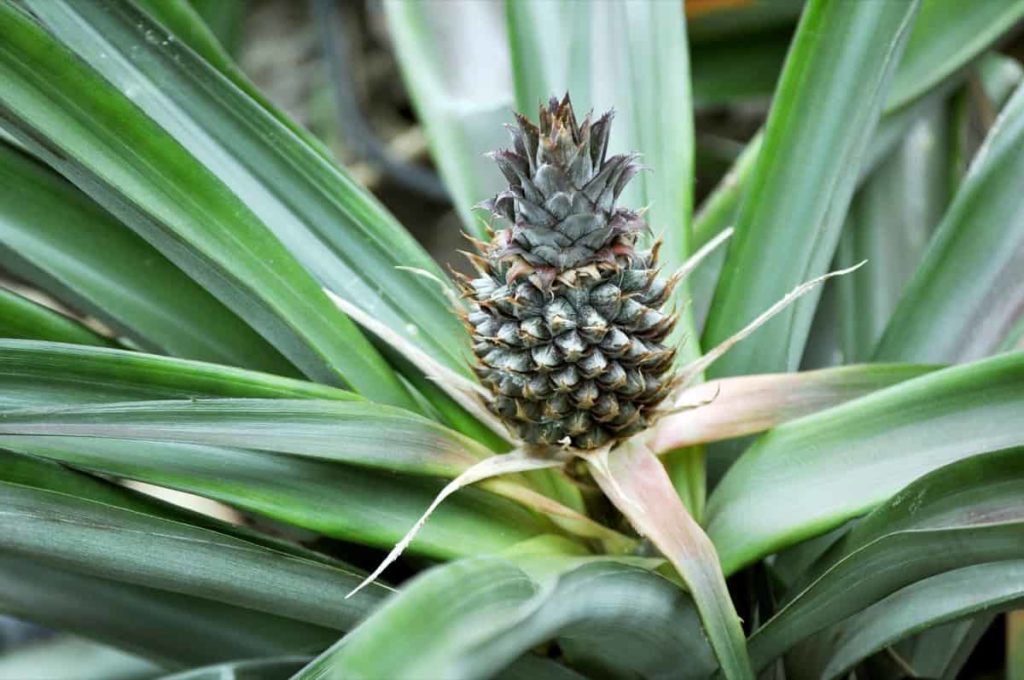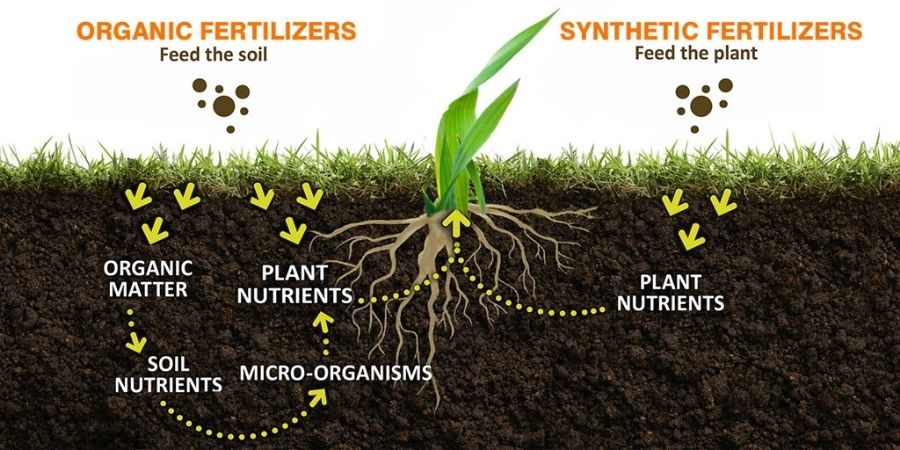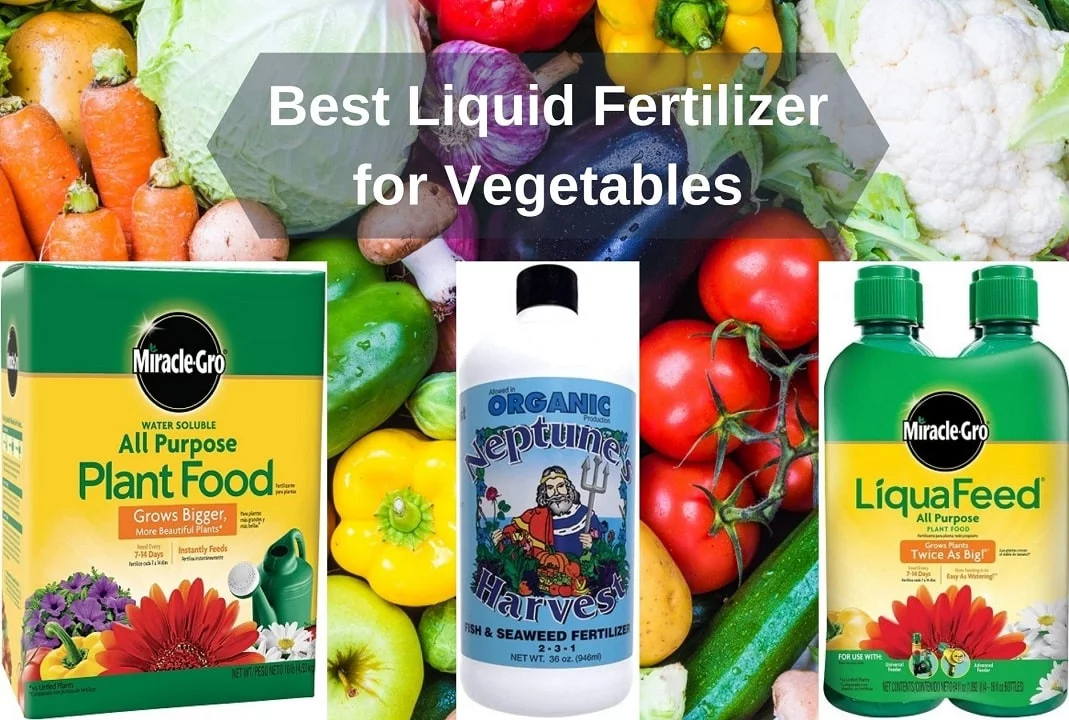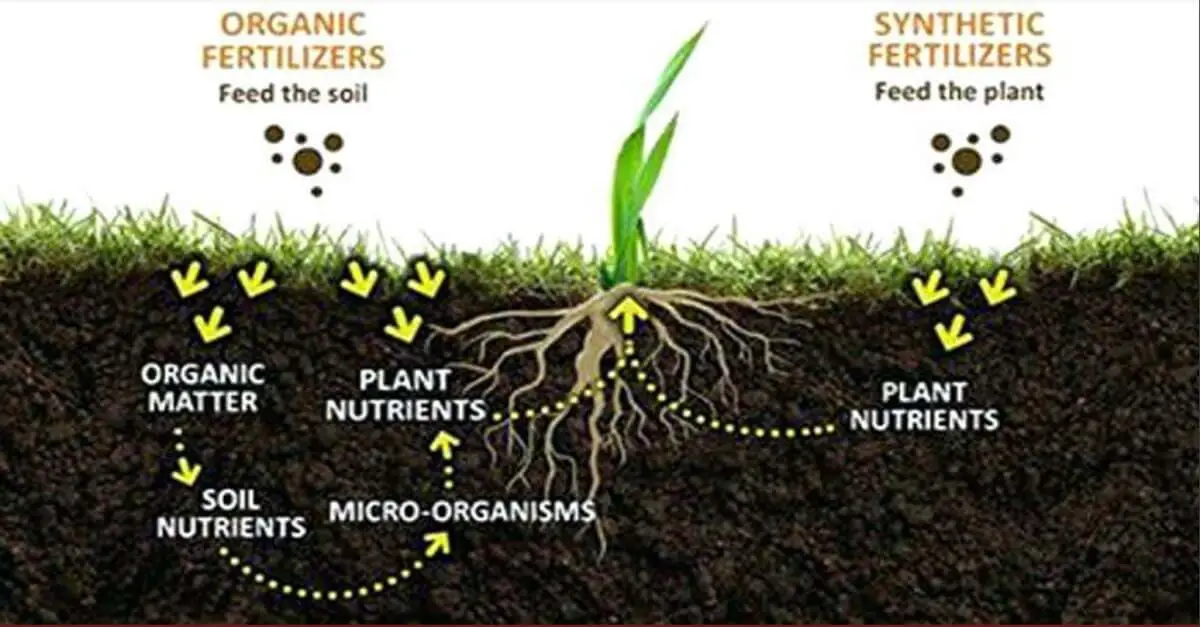Unlocking the Secrets to a Bountiful Harvest
When it comes to growing pineapple plants, using the right fertilizer is crucial for promoting healthy growth, fruit production, and overall plant development. A high-quality fertilizer provides essential nutrients that support the plant’s nutritional needs, leading to a more robust and resilient plant. On the other hand, neglecting to use a suitable fertilizer can result in stunted growth, reduced fruit production, and increased susceptibility to pests and diseases.
The best fertilizer for pineapple plants is one that is specifically formulated to meet the unique nutritional requirements of these plants. Pineapple plants require a balanced diet that includes nitrogen, phosphorus, and potassium, as well as other micronutrients like iron, magnesium, and sulfur. A fertilizer that provides these essential nutrients in the right proportions can help support healthy growth and fruit production.
Some of the benefits of using a high-quality fertilizer for pineapple plants include improved fruit quality, increased yields, and enhanced plant resistance to disease. Additionally, using a fertilizer that is specifically designed for pineapple plants can help reduce the risk of over-fertilization, which can damage the plant and the environment.
With so many fertilizers on the market, it can be overwhelming to choose the best one for your pineapple plants. However, by understanding the nutritional needs of your plants and selecting a fertilizer that meets those needs, you can unlock the secrets to a bountiful harvest and enjoy a thriving and productive pineapple plant.
How to Choose the Best Fertilizer for Your Pineapple Plants
Choosing the right fertilizer for your pineapple plants can be a daunting task, especially with the numerous options available in the market. However, by considering a few key factors, you can select the best fertilizer for your pineapple plants and ensure they receive the necessary nutrients for optimal growth and fruit production.
One of the most important factors to consider when selecting a fertilizer for your pineapple plants is the soil type. Pineapple plants prefer well-draining, acidic soils with a pH between 5.5 and 6.5. If your soil is heavy clay or sandy, you may need to choose a fertilizer that is specifically formulated for these soil types.
Another factor to consider is the age of your pineapple plants. Young plants require more nitrogen and phosphorus to promote healthy growth and development, while mature plants require more potassium to support fruit production. Look for a fertilizer that provides the necessary nutrients for your plant’s stage of growth.
It’s also essential to read the label and understand the N-P-K ratio. The N-P-K ratio represents the percentage of nitrogen, phosphorus, and potassium in the fertilizer. A balanced fertilizer with a ratio of 10-10-10 or 20-20-20 is suitable for most pineapple plants.
Additionally, consider the type of fertilizer you want to use. Organic fertilizers, such as compost or manure, release nutrients slowly and promote soil health. Synthetic fertilizers, on the other hand, provide a quick burst of nutrients but may not promote soil health. Consider using a combination of both organic and synthetic fertilizers to provide your pineapple plants with the necessary nutrients.
By considering these factors and choosing the right fertilizer for your pineapple plants, you can promote healthy growth, fruit production, and overall plant development. Remember to always follow the recommended application rates and avoid over-fertilization, which can damage your plants and the environment.
Top Picks: The Best Fertilizers for Pineapple Plants
After researching and comparing various fertilizers, we have identified some of the top-rated fertilizers for pineapple plants. These fertilizers have been selected based on their high-quality ingredients, effectiveness, and user reviews.
Miracle-Gro Shake ‘n Feed All Purpose Plant Food is a popular and highly-rated fertilizer that is suitable for pineapple plants. This fertilizer provides a balanced mix of nutrients, including nitrogen, phosphorus, and potassium, and is easy to apply. It also contains micronutrients like iron and magnesium, which are essential for healthy plant growth.
Another top pick is Espoma Organic Pineapple Plant Tone, which is a slow-release fertilizer that provides a steady supply of nutrients to the plant. This fertilizer is made from all-natural ingredients and is free of synthetic chemicals, making it a great option for organic gardeners.
Other notable fertilizers for pineapple plants include Scotts Osmocote 14-14-14 Professional Plant Food, which is a slow-release fertilizer that provides a balanced mix of nutrients, and E.B. Stone Organics Bloom 5-3-4, which is a water-soluble fertilizer that is specifically formulated to promote blooming and fruiting in pineapple plants.
When selecting a fertilizer for your pineapple plants, be sure to read the label and look for the following characteristics:
- A balanced mix of nitrogen, phosphorus, and potassium
- Micronutrients like iron, magnesium, and sulfur
- Slow-release or water-soluble formula for easy application
- Organic or natural ingredients for a more sustainable option
By choosing one of these top-rated fertilizers, you can provide your pineapple plants with the necessary nutrients for healthy growth and fruit production.
Organic vs. Synthetic Fertilizers: Which is Best for Pineapple Plants?
When it comes to fertilizing pineapple plants, one of the most important decisions you’ll make is whether to use organic or synthetic fertilizers. Both types of fertilizers have their pros and cons, and the right choice for your pineapple plants will depend on your specific needs and preferences.
Organic fertilizers are made from natural ingredients such as animal waste, compost, and green manure. They release nutrients slowly, promoting healthy soil biota and structure. Organic fertilizers are also generally safer for the environment and human consumption. Some examples of organic fertilizers suitable for pineapple plants include compost, manure tea, and fish emulsion.
Synthetic fertilizers, on the other hand, are made from chemical compounds and provide a quick burst of nutrients to the plant. They are often less expensive than organic fertilizers and can be more convenient to apply. However, synthetic fertilizers can also have negative environmental impacts, such as water pollution and soil degradation. Some examples of synthetic fertilizers suitable for pineapple plants include ammonium sulfate and diammonium phosphate.
So, which is best for pineapple plants? The answer depends on your specific needs and preferences. If you’re looking for a more sustainable and environmentally friendly option, organic fertilizers may be the way to go. However, if you’re looking for a quick and convenient way to fertilize your pineapple plants, synthetic fertilizers may be a better choice.
Ultimately, the best fertilizer for pineapple plants is one that provides the necessary nutrients for healthy growth and fruit production, while also being safe for the environment and human consumption. By considering the pros and cons of organic and synthetic fertilizers, you can make an informed decision and choose the best fertilizer for your pineapple plants.
Common Nutrient Deficiencies in Pineapple Plants and How to Address Them
Pineapple plants require a balanced diet of nutrients to grow and thrive. However, nutrient deficiencies can occur, causing a range of problems from stunted growth to reduced fruit production. In this section, we’ll identify common nutrient deficiencies that can affect pineapple plants and explain how to diagnose and treat them using fertilizers and other methods.
Nitrogen deficiency is one of the most common nutrient deficiencies in pineapple plants. Nitrogen is essential for healthy leaf growth and fruit production. Symptoms of nitrogen deficiency include yellowing leaves, stunted growth, and reduced fruit production. To address nitrogen deficiency, use a fertilizer high in nitrogen, such as ammonium sulfate or urea.
Iron deficiency is another common nutrient deficiency in pineapple plants. Iron is essential for healthy leaf growth and fruit production. Symptoms of iron deficiency include yellowing leaves, stunted growth, and reduced fruit production. To address iron deficiency, use a fertilizer high in iron, such as iron sulfate or iron chelate.
Magnesium deficiency is also common in pineapple plants. Magnesium is essential for healthy leaf growth and fruit production. Symptoms of magnesium deficiency include yellowing leaves, stunted growth, and reduced fruit production. To address magnesium deficiency, use a fertilizer high in magnesium, such as magnesium sulfate or magnesium oxide.
In addition to using fertilizers, there are other methods to address nutrient deficiencies in pineapple plants. For example, adding compost or manure to the soil can provide a natural source of nutrients. Additionally, adjusting the soil pH can also help to optimize nutrient availability and uptake.
By identifying and addressing common nutrient deficiencies, you can help to promote healthy growth and fruit production in your pineapple plants. Remember to always use a balanced fertilizer and follow the recommended application rates to avoid over-fertilization.
Fertilizer Application Tips for Optimal Results
Applying fertilizers to pineapple plants requires careful consideration to ensure optimal results. Here are some tips to help you get the most out of your fertilizer:
Frequency: Fertilize your pineapple plants regularly, but avoid over-fertilizing. A general rule of thumb is to fertilize every 2-3 weeks during the growing season.
Timing: Fertilize your pineapple plants during the growing season, when they are actively producing new growth. Avoid fertilizing during the dormant season, as this can cause the plant to produce weak and leggy growth.
Methods of Application: There are several methods of applying fertilizers to pineapple plants, including broadcasting, side-dressing, and foliar spraying. Broadcasting involves spreading the fertilizer evenly over the soil surface, while side-dressing involves placing the fertilizer in a band along the side of the plant. Foliar spraying involves spraying the fertilizer directly on the leaves of the plant.
Recommended Application Rates: Always follow the recommended application rates for the specific fertilizer you are using. Over-fertilizing can damage the plant and the environment, while under-fertilizing can result in poor growth and fruit production.
Soil pH: Soil pH can affect the availability and uptake of nutrients in pineapple plants. If your soil pH is too high or too low, it can affect the effectiveness of the fertilizer. Adjust the soil pH to the optimal range for pineapple plants, which is between 5.5 and 6.5.
By following these tips, you can ensure that your pineapple plants receive the nutrients they need to thrive. Remember to always follow the recommended application rates and avoid over-fertilizing to prevent damage to the plant and the environment.
Soil pH and Fertilizer Interactions: What You Need to Know
Soil pH plays a crucial role in determining the availability and uptake of nutrients in pineapple plants. The optimal soil pH for pineapple plants is between 5.5 and 6.5, which allows for maximum nutrient availability and uptake.
When the soil pH is too high or too low, it can affect the availability and uptake of nutrients in pineapple plants. For example, if the soil pH is too high, it can cause the nutrients to become locked up and unavailable to the plant. On the other hand, if the soil pH is too low, it can cause the nutrients to become too available and lead to over-fertilization.
To adjust the soil pH to the optimal range for pineapple plants, you can use a variety of methods, including adding lime to raise the pH or sulfur to lower the pH. It’s also important to note that the type of fertilizer you use can affect the soil pH, so it’s essential to choose a fertilizer that is pH-balanced and suitable for pineapple plants.
In addition to adjusting the soil pH, it’s also important to consider the type of fertilizer you use and how it interacts with the soil pH. For example, some fertilizers are more effective at certain pH levels, while others may be more prone to leaching or runoff.
By understanding the interactions between soil pH and fertilizer, you can optimize the nutrient availability and uptake in your pineapple plants and promote healthy growth and fruit production.
Conclusion: Growing Thriving Pineapple Plants with the Right Fertilizer
Choosing the right fertilizer for your pineapple plants is crucial for promoting healthy growth, fruit production, and overall plant development. By understanding the importance of using a high-quality fertilizer, selecting the most suitable fertilizer for your pineapple plants, and applying it correctly, you can unlock the secrets to a bountiful harvest.
Remember to consider the type of fertilizer, soil type, plant age, and nutrient requirements when selecting a fertilizer for your pineapple plants. Also, be aware of the pros and cons of using organic versus synthetic fertilizers and adjust the soil pH to optimize fertilizer effectiveness.
By following the tips and guidelines outlined in this article, you can grow thriving pineapple plants that produce delicious and nutritious fruit. Experiment with different fertilizers and techniques to find what works best for your plants, and don’t hesitate to reach out to a gardening expert if you have any questions or concerns.
With the right fertilizer and proper care, your pineapple plants will thrive and provide you with a bountiful harvest for years to come. Happy gardening!








